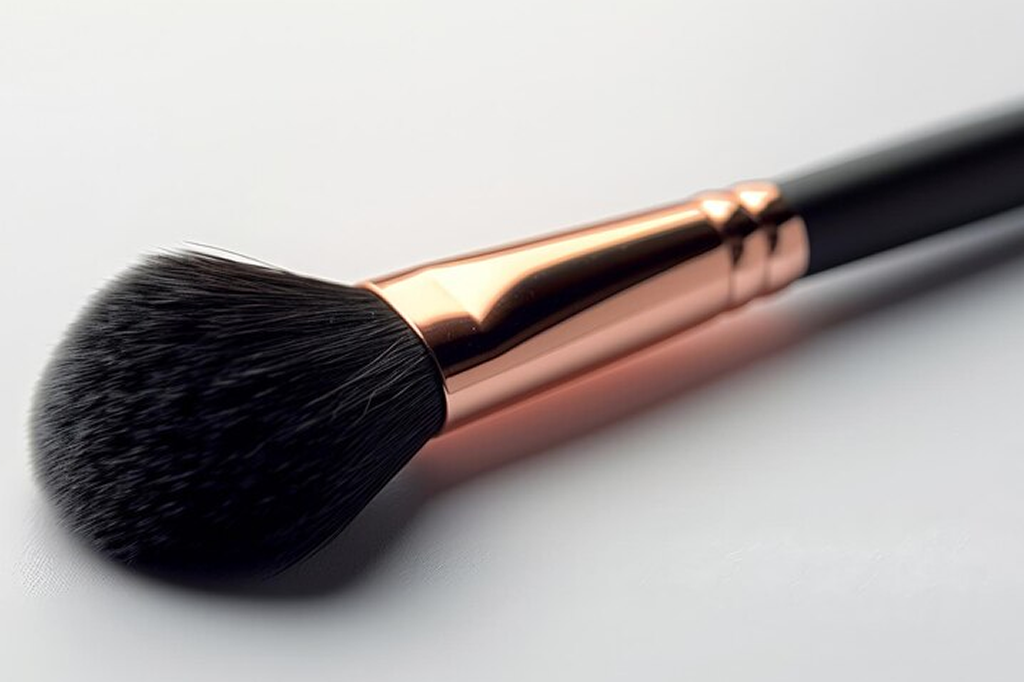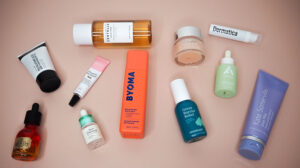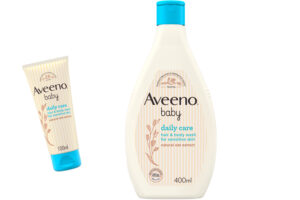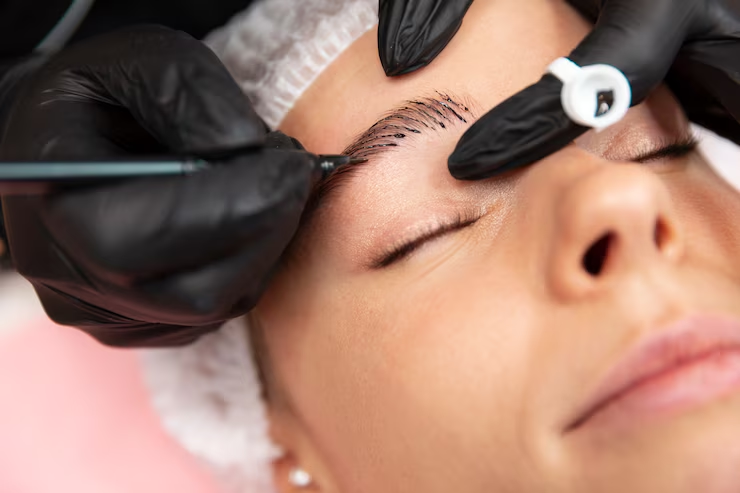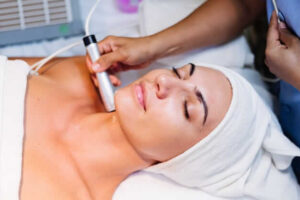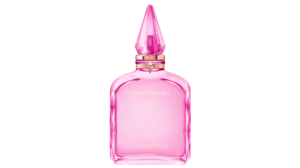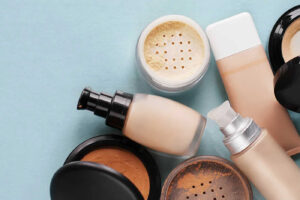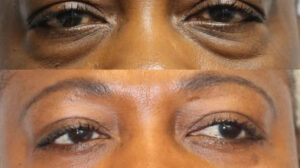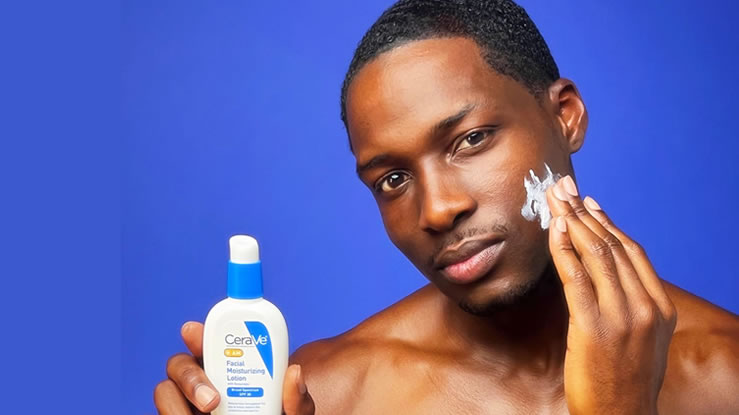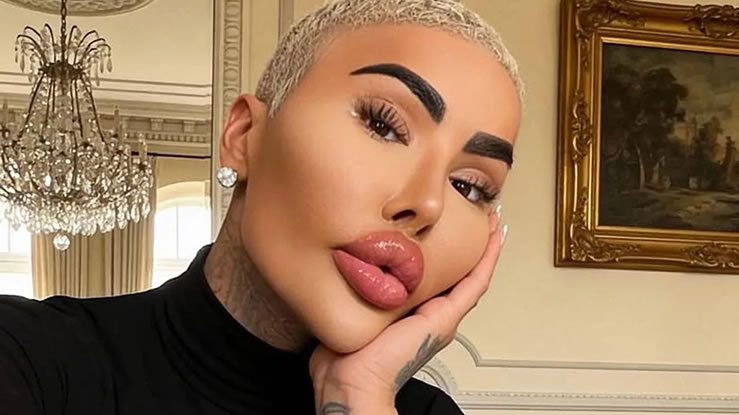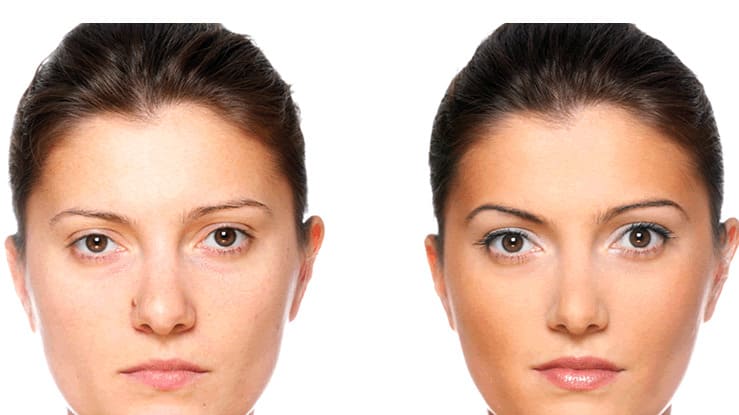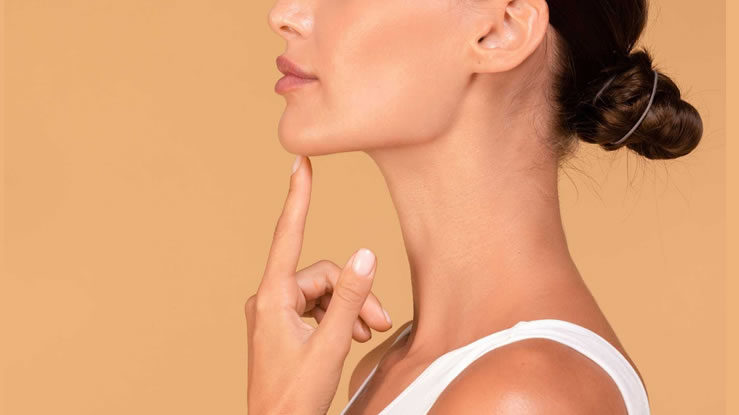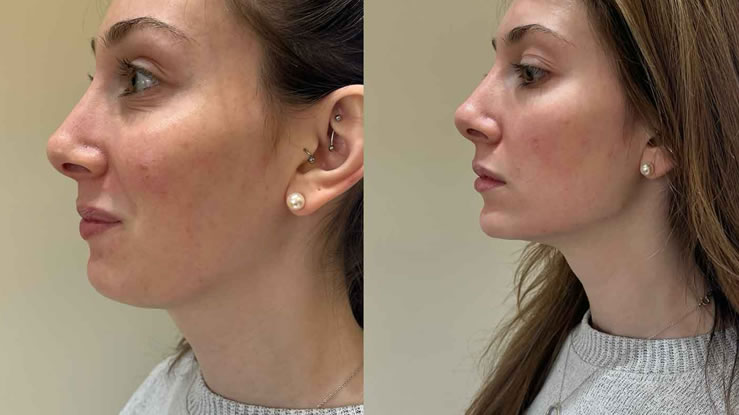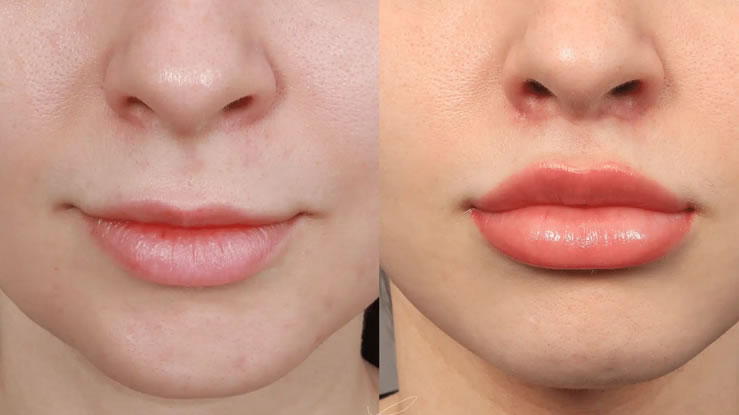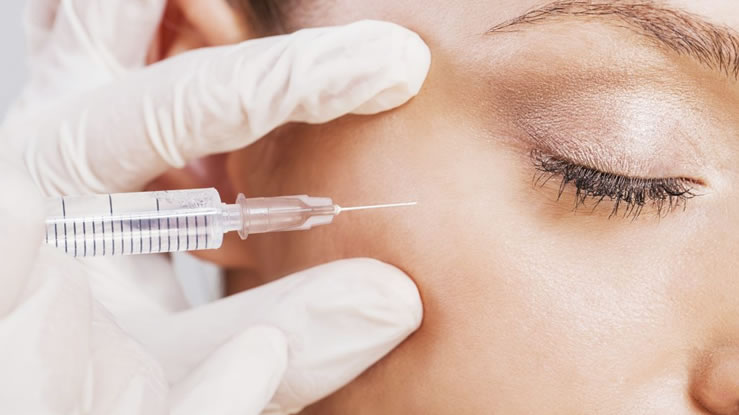Keeping your makeup brushes clean is essential for both your skin’s health and the longevity of your beauty tools. Dirty brushes can harbor bacteria, causing breakouts and skin irritation, while clean brushes ensure smooth and flawless makeup application. But what’s the best way to clean your makeup brushes? Here’s everything you need to know about the best products and methods for cleaning your brushes.
Gentle Baby Shampoo
One of the most popular and affordable ways to clean makeup brushes is by using baby shampoo. Its gentle formula effectively cleanses the bristles without damaging them, making it ideal for regular brush maintenance. Here’s how to use it:
- Step 1: Wet your brush with lukewarm water, being careful not to soak the handle.
- Step 2: Pour a small amount of baby shampoo onto the bristles and gently massage them in circular motions.
- Step 3: Rinse the brush under running water until the water runs clear.
- Step 4: Gently squeeze out any excess water and lay the brush flat to air dry.
Brush-Specific Cleansers
Many beauty brands offer brush-specific cleansers designed to break down makeup, oil, and dirt effectively. These cleansers are formulated to sanitize and condition the bristles while being tough on buildup. Some top brush cleansers include:
- Cinema Secrets Makeup Brush Cleaner: This fast-drying cleaner removes all traces of makeup, and it’s especially good for deep cleaning synthetic brushes.
- MAC Brush Cleanser: Great for spot cleaning in between makeup applications, it leaves brushes smelling fresh and ready to use.
Olive Oil and Dish Soap
For a DIY, budget-friendly cleaning solution, combining olive oil and dish soap works wonders. The dish soap helps break down oils and makeup residue, while the olive oil conditions the bristles, keeping them soft. Here’s how to do it:
- Step 1: Mix equal parts olive oil and gentle dish soap in a small bowl.
- Step 2: Swirl your brush into the mixture, then gently massage the bristles to remove product buildup.
- Step 3: Rinse thoroughly with lukewarm water and reshape the bristles.
- Step 4: Lay the brush flat to dry.
Micellar Water
Micellar water, often used for makeup removal, is also excellent for cleaning makeup brushes, especially delicate ones. It’s gentle and doesn’t strip the bristles of their softness. Here’s how to clean your brushes with micellar water:
- Step 1: Pour a small amount of micellar water into a bowl.
- Step 2: Dip your brush into the solution and gently swish it around.
- Step 3: Rinse with warm water and reshape the bristles before drying.
Vinegar and Water Solution
Vinegar is a natural disinfectant that works well for deep cleaning makeup brushes. If you’re looking for an eco-friendly option, vinegar and water can sanitize your brushes without harsh chemicals. Follow these steps:
- Step 1: Mix two parts water with one part white vinegar.
- Step 2: Swirl your brush in the solution, then gently rub the bristles to loosen the makeup residue.
- Step 3: Rinse with water and allow the brushes to air dry.
Solid Brush Cleansers
Solid brush cleansers, like the Beautyblender Solid Blendercleanser, offer a mess-free way to clean brushes while traveling or at home. The solid formula is easy to use and highly effective at breaking down makeup and oil. Here’s how to use it:
- Step 1: Wet your brush and rub it directly onto the solid cleanser.
- Step 2: Lather the bristles with your fingers, then rinse under running water.
- Step 3: Repeat the process until the brush is clean, then reshape and dry.
Isopropyl Alcohol (For Sanitizing)
If you’re looking to disinfect your brushes in addition to cleaning them, isopropyl alcohol is an excellent choice. It kills bacteria and ensures your brushes are germ-free. Here’s how to incorporate it:
- Step 1: After cleaning your brushes with another method, dip the bristles in isopropyl alcohol.
- Step 2: Swirl the brush in the alcohol for a few seconds, then let it air dry.
How Often Should You Clean Your Makeup Brushes?
For everyday makeup wearers, it’s recommended to deep clean your brushes once a week. Eye brushes, especially those used for cream-based products, should be cleaned more frequently to prevent bacteria buildup. Regular cleaning not only extends the life of your brushes but also ensures the best makeup application.

